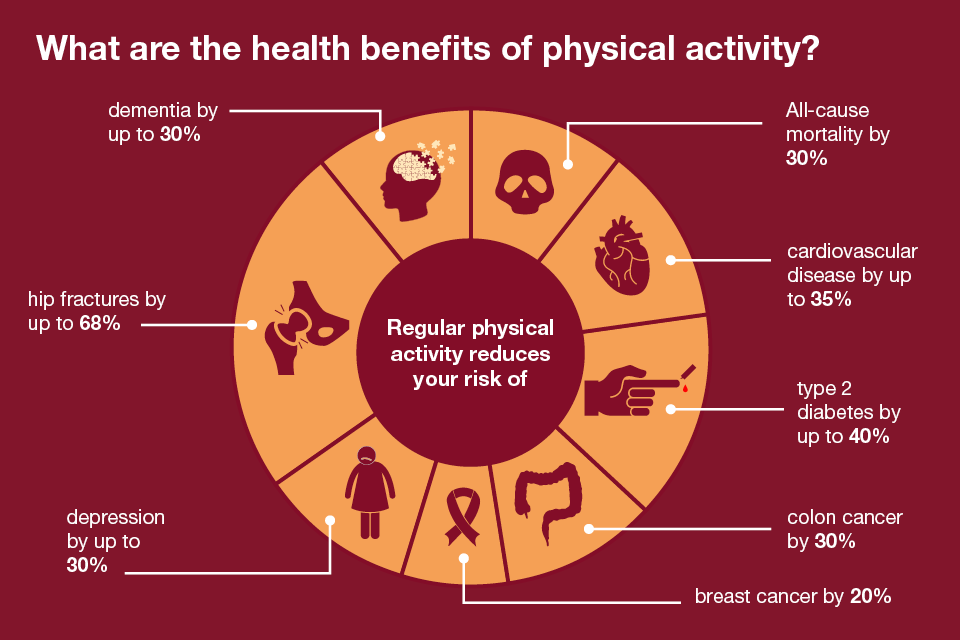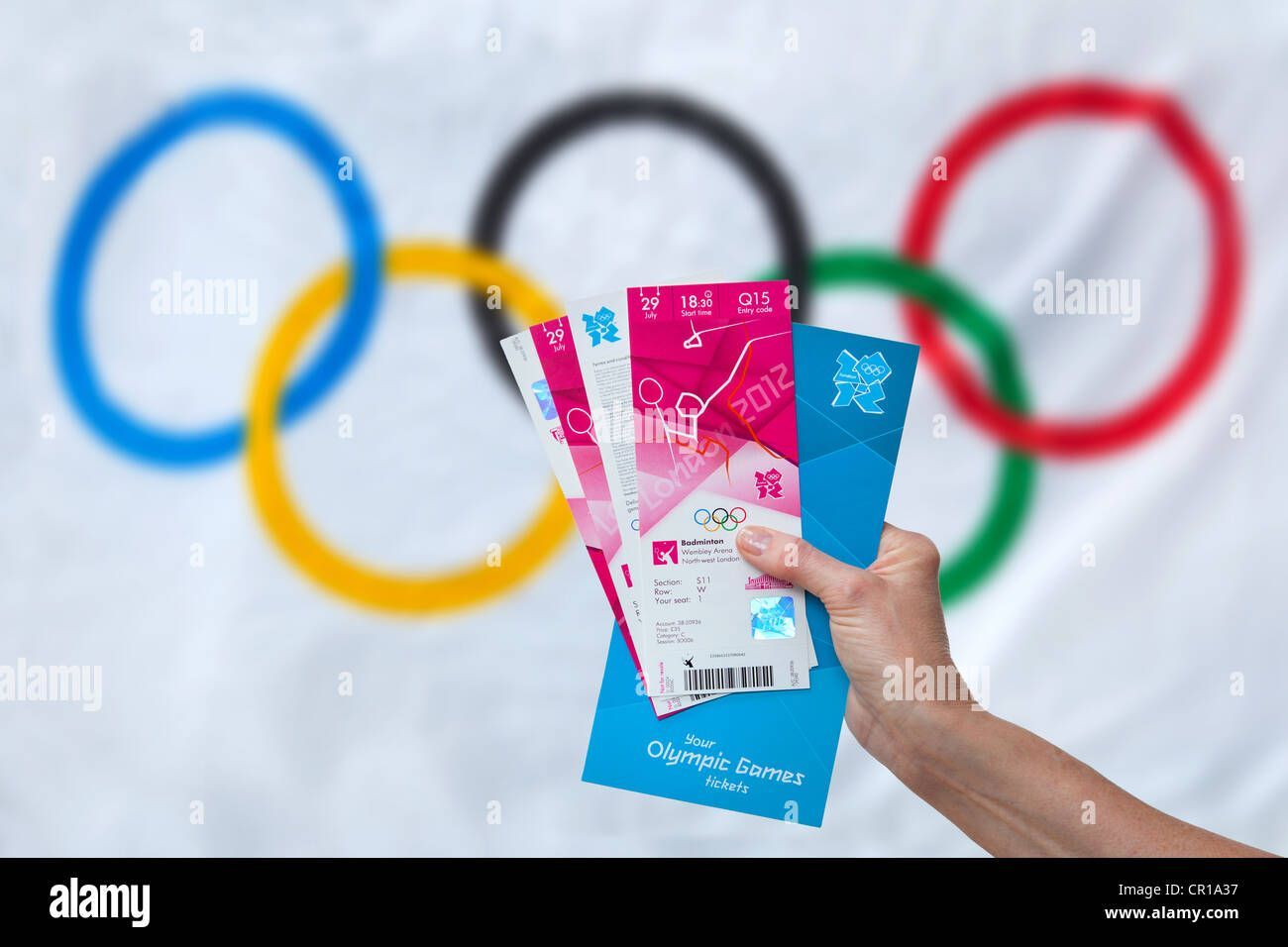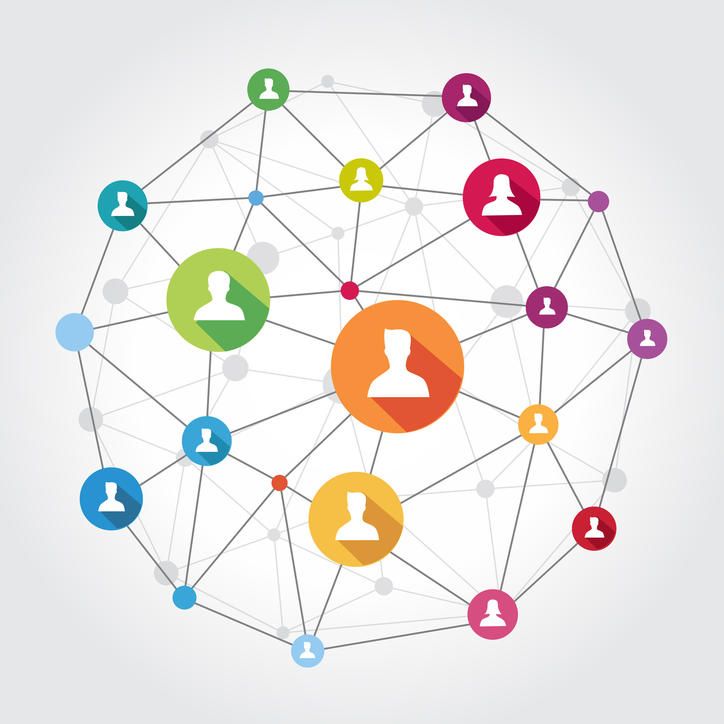We try to save polar bears.....don't we?
What is it that motivates those that work in sustainable transport planning to do what they do....here we look at the possibilities.

Last weekend I was chatting to my 12yr old son. He wanted to talk about jobs and saying that he hoped he would grow up to do a job he enjoys. He asked me why I enjoyed my job and then, answering his own question, he said “Is it because you save polar bears dad?”. Nice sentiment I know and it got me thinking – what is (now) the most effective trigger to stimulating a change in travel behaviour?
On the eve of the UK’s Smarter Travel Conference on Thursday and Friday this week in Birmingham I find myself wondering what the balance of discussion will be about the practicalities of implementing individual programmes/interventions against understanding why it is that any changes in behaviour have happened and what that equates to in terms of bang for buck.
As a practitioner and observer of this industry for two decades now (yikes!) it’s been interesting to see how the messaging approach used to stimulate changes in behaviour has evolved Who remembers the early days of arty posters showing a green plush landscape, blue sky’s and the image of a cyclist disappearing into the distance with the strap-line pulling at the environmental heart strings of advocates of ‘green travel’. Altruism.
More recently the conversation has moved on to one of trying to help the business community appreciate economic benefits and using the value of time and convenience to inject individuals with a shot of personal benefit. The latter being a particularly successful approach during the London 2012 Olympics and the Glasgow 2014 Commonwealth Games where the stimulus was about ‘not getting caught out’ and ‘avoiding delays’.
As best I can see the ‘personal benefit’ messages have been the most successful – with 25% of Glaswegians and 35% of Londoners changing their behaviours during their respective Games by way of example. Altruism no doubt has a role to play for some sections of society but I would imagine the impacts are likely to be much less.
If it’s accepted that personal benefit is the key driver then what becomes important is ensuring that the messages that are conveyed through the behaviour change interventions have a credible grounding and are evidenced. Possibly an extreme example but when, during the Olympics, we were able to point to a chart and say if you keep travelling this way you could have to wait up to 2hrs to get on a train – the sell was compelling. There are also other emerging opportunities to use behaviour change creatively – London Bridge station – one of London’s busiest main line stations is currently being reconfigured and will result in some trains not stopping a certain stations. The latter being a hugely impactful message if used in the right way.
The challenge to us all therefore is ensuring that we drill down hard to identify the evidence to create the compelling case as to how that individual’s every day life is or could be affected. Then we should test with the audience their response to different articulations of a message to see which is the most impactful. If it’s not possible to do this then arguably the intervention being pursued is not the right intervention or we have to accept that the impacts will only be marginal.
So, while for many the ‘saving the polar bear’ line of messaging will resonate let us remember that unless the personal benefit of a given course of action can be articulated in a strong, clear and positive way then behaviour change interventions will only ever achieve so much.
Or am I wrong. Is there actually a ‘third way’ that brings together rational and emotional messaging. The suspicion is that the audience is getting tired hearing about how much money or time they could save, or how they could be better using an equivalent amount of time or money in a different way. Is there a new era of messaging on the horizon that links rational goals with emotional motivations in such a way that we can influence huge swathes of society….
I look forward to hearing views.
















